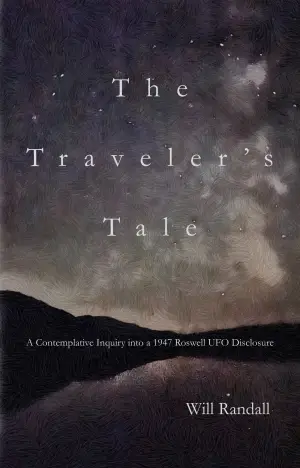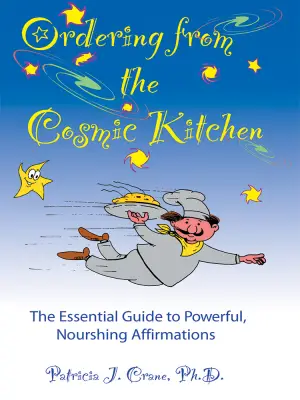Book Review: Caste: The Origins of Our Discontents by Isabel Wilkerson
From the moment I picked up Caste: The Origins of Our Discontents by Isabel Wilkerson, I sensed an undeniable pull—a curiosity sparked by the exploration of an invisible structure that shapes our lives in profound, often troubling ways. As I delved deeper into the pages, initially longing for clarity and understanding, I found myself embarking on an unexpectedly tumultuous journey that left me feeling a mix of agitation and enlightenment.
Wilkerson, a highly regarded journalist, weaves a narrative that grapples with the heavy weight of caste systems—connecting the dots between America’s racial history and the broader implications of social hierarchies worldwide. The overarching thesis seeks to redefine our understanding of "racism" through the lens of caste, and while her intentions are noble, I often found myself feeling a mixture of irritation and empathy. Wilkerson’s perspective, while richly layered, feels at times detached from the very humanity she urges readers to embrace, blending both touching anecdotes and jarring contradictions.
One element that truly struck me was her writing style—Wilkerson’s prose is undeniably skilled, full of metaphor and nuance. In a sea of more rudimentary writing on identity politics, it was refreshing to engage with a writer who understands the power of language. However, as I flipped through chapters that flowed from the relics of history to contemporary reflections, I grappled with her proclivity for focusing on past injustices while at times overlooking the intricate challenges of the present. I craved for clearer connections between historical injustices and today’s persistent inequities, landing on moments that felt almost petty at times.
One of my favorite quotes—“If each of us could truly see and connect with the humanity in front of us… it could begin to affect how we see the world and others in it”—resonated deeply. It encapsulated the hope and challenge encompassed within Wilkerson’s narrative. Yet, amidst the poignant examples of human cruelty and systemic injustice emerges an ambivalence; it felt frustrating to observe how often the author’s criticisms seemed to overshadow potential solutions, often leaving me wanting a more cohesive narrative.
As I reached the closing chapters, I saw a flicker of optimism woven into Wilkerson’s call for “radical empathy.” This notion offers a way forward, suggesting that genuine human connection can pave the road to understanding. The final sections felt like a soft landing after a turbulent flight, leaving me hopeful about the future and our capacity for change.
In conclusion, Caste will undoubtedly resonate with readers eager to grapple with societal structures and their historical roots. Those who appreciate nuance and aren’t afraid of discomfort will find value in Wilkerson’s examination of humanity. Personally, though I emerged from this reading both agitated and enlightened, I hold onto the notion that all journeys—like this one—are worthwhile. They challenge us, provoke thought, and perhaps, charge us to cultivate empathy in every interaction. If I learned anything, it’s that the journey of understanding our discontents is as significant as the destination itself.
Discover more about Caste: The Origins of Our Discontents on GoodReads >>
















